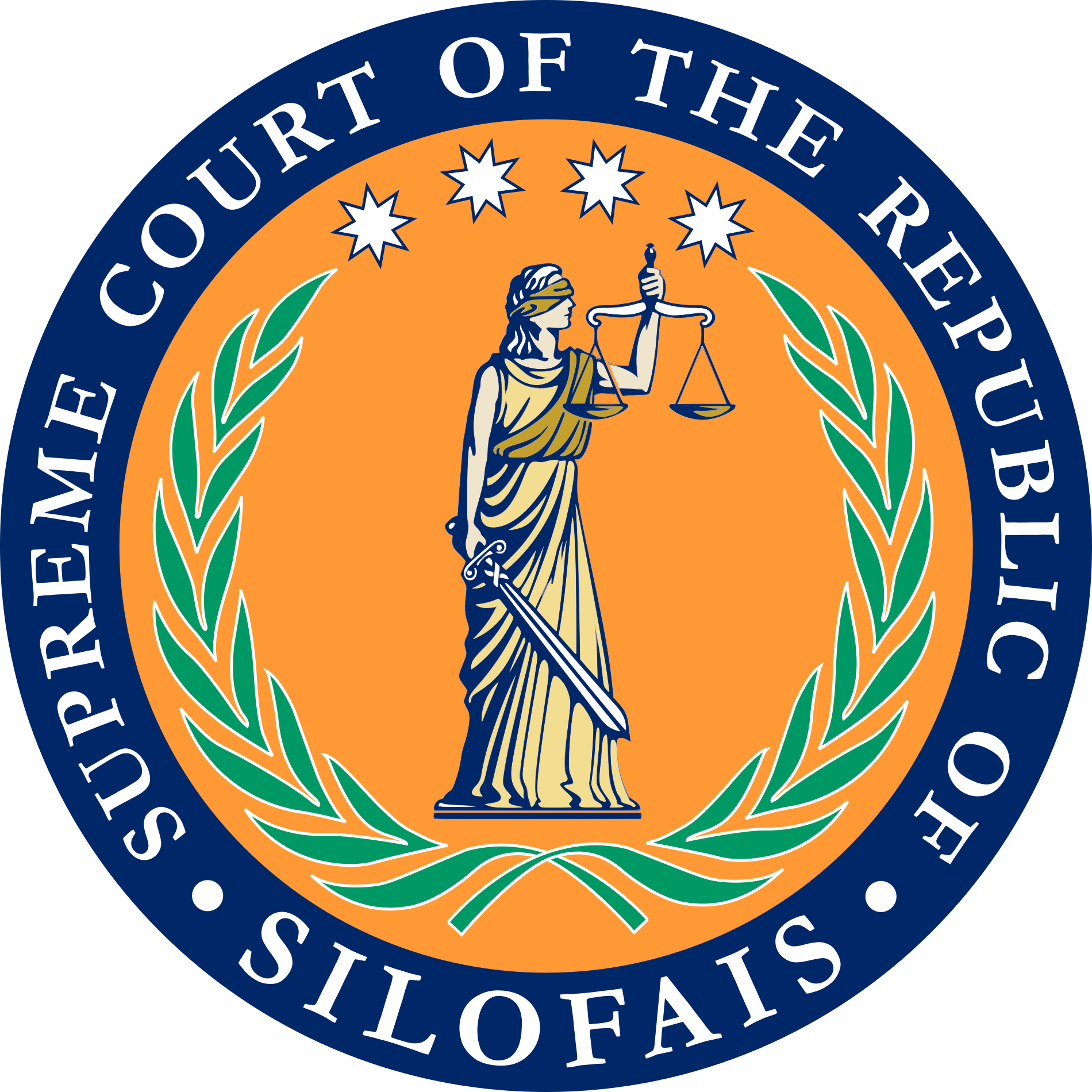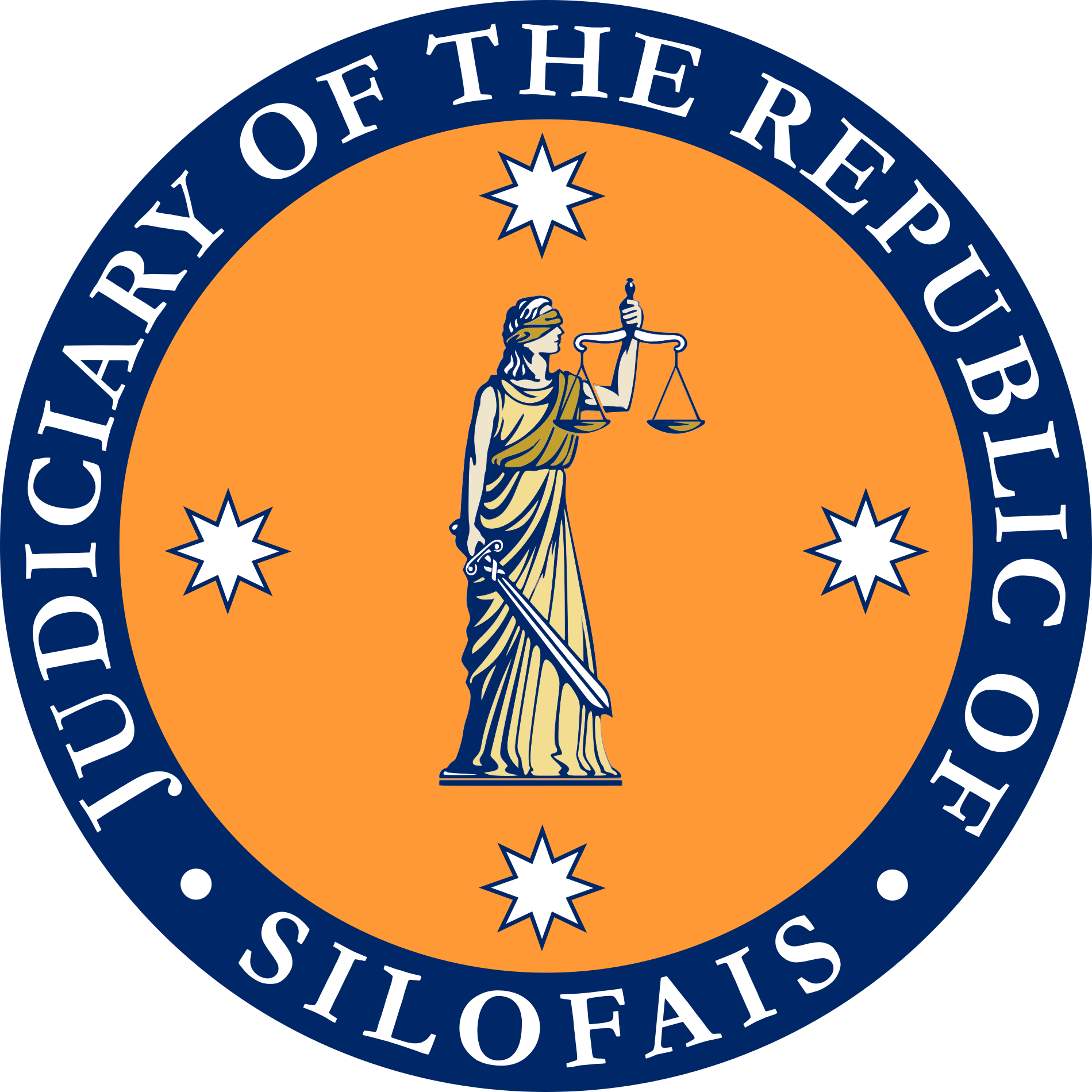 The Judiciary
The Judiciary
The power to render justice and interpret the law is vested by the Constitution in two types of governmental organs: first, Courts; and, second, all other non-Court tribunals. The two types constitute together the Judiciary of the Republic, which is led principally by the Supreme Court thereof.
Courts are the “principal places of justice”, while “other tribunals, notwithstanding their style, [serve] a regulatory, administrative or ancillary purpose”.
 The judges appointed to sit on a Court are appointed for life de facto by the President of the Republic, subject to the advice and consent of the Chamber of Delegates, as they are constitutionally allowed to hold their offices “during good conduct”; in contrast, judges appointed to sit on any other tribunal may serve fixed terms or be removed prematurely, and lack any power to “deprive life, liberty or property”. In any case, all judges must retire before they attain 76 years of age, and any person of that age or older may not sit as a judge.
The judges appointed to sit on a Court are appointed for life de facto by the President of the Republic, subject to the advice and consent of the Chamber of Delegates, as they are constitutionally allowed to hold their offices “during good conduct”; in contrast, judges appointed to sit on any other tribunal may serve fixed terms or be removed prematurely, and lack any power to “deprive life, liberty or property”. In any case, all judges must retire before they attain 76 years of age, and any person of that age or older may not sit as a judge.
The Judiciary as a whole reserves the power of judicial review, and otherwise is subject to rules of procedure established either by the Supreme Court or by statute, the latter method being superior.
Subnational bodies may ordain their own tribunals with limited jurisdiction, as according to law, but such tribunals are inherently part of the Judiciary and, accordingly, are subject to the same rules of procedure.